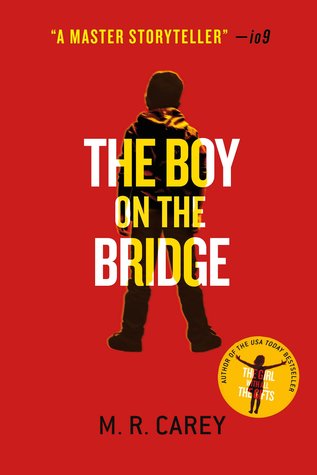The novel focuses on Miguel, a seventeen-year-old high school student who falls immediately head over heels for the new girl in town, Lainey, an Australian girl with a strange dog. Things get more confusing when the usually friendly Lainey starts acting like she's never met Miguel and then Johnny, a local bully, seems to take an interest in her as well.
The novel uses Australian folklore and merges it quite nicely with the world de Lint has created in his city of Newford. None of his regular characters make an appearance in this novella, but as per usual, much of the story focuses on how normal folk deal with a undeniable confrontation with the world of magic.
A fascinating, if short, read.

























